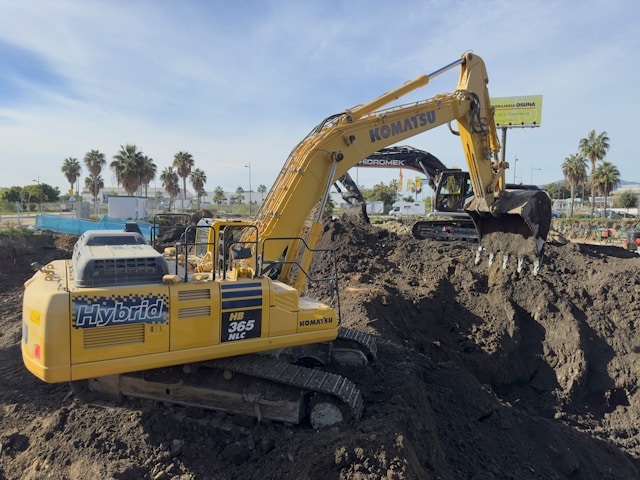
A new ballot measure proposed for California’s 2026 election could significantly expand reforms to the California Environmental Quality Act (CEQA), one of the state’s most far-reaching and controversial environmental laws. The initiative seeks to simplify environmental review processes for essential projects, extending beyond the housing-focused changes signed into law earlier this year.

Former Gov. Jerry Brown once described efforts to overhaul CEQA as “the Lord’s work,” arguing that the law had made building “much-needed things — housing, transportation improvements, water storage, etc. — too difficult and too expensive.” His 2018 veto of a bill that sought to limit CEQA’s use in local project approvals reflected his preference for a “more comprehensive CEQA review” — one that balanced the urgent housing crisis with responsible environmental oversight.
Despite his comments, Brown’s tenure saw little movement toward fundamental CEQA reform. Over the past half-century, the law has become a lightning rod for competing interests — environmentalists who defend it as essential to ecological protection, and developers, unions, and pro-housing advocates who argue that it delays and inflates the cost of construction.
During Gov. Gavin Newsom’s administration, California’s housing shortage grew increasingly severe, pushing CEQA to the center of the policy debate. Newsom and lawmakers have since passed legislation aimed at cutting through procedural barriers, particularly for high-density and multifamily housing projects.
Assemblymember Buffy Wicks, an Oakland Democrat, hailed the 2024 reforms as a breakthrough: “Saying ‘no’ to housing in my community will no longer be state sanctioned,” she said. “This isn’t going to solve all of our housing problems in the state, but it is going to remove the single biggest impediment to building environmentally friendly housing.”
The question now is whether the recent reforms will serve as a one-time fix or the first step toward a broader reimagining of CEQA. That’s precisely what the California Chamber of Commerce hopes to achieve with its new ballot measure proposal.

“We’ve fallen too far behind in building the infrastructure that our communities desperately need,” said Jennifer Barrera, the Chamber’s president. “And the projects that make it through the broken permitting process become so expensive that they raise costs for all of us.”
Barrera noted that both public and private projects — from housing and transportation to wildfire resilience and broadband expansion — have suffered costly delays because of CEQA’s complex requirements and legal challenges.
“The initiative will create predictability for improvements the state desperately needs — including the building of first responder facilities, wildfire resilience projects, and broadband in underserved communities,” Barrera said. “Californians deserve a law that recognizes prosperity isn’t the enemy of preservation.”
The proposed measure would streamline CEQA reviews for so-called “essential projects,” setting clearer timelines and reducing opportunities for litigation-based delays. Supporters argue it could accelerate infrastructure modernization, strengthen the state’s economy, and improve quality of life for residents.
Opponents, however, are expected to push back strongly. Environmental groups have long defended CEQA as a vital safeguard against unchecked development and pollution, and they warn that major rollbacks could lead to environmental degradation and reduced public input in land-use decisions.
Given CEQA’s pivotal role in nearly every major construction and infrastructure project across California, the 2026 ballot fight promises to be one of the most closely watched — and potentially contentious — political battles in state history.
Originally reported by Dan Walters in CAL Matters.